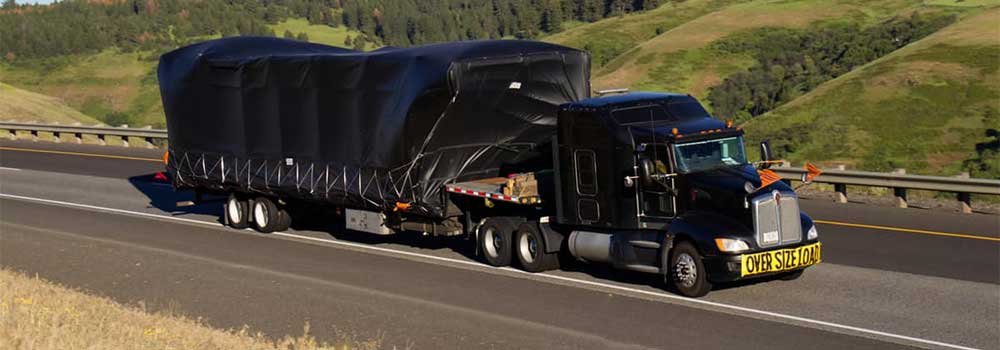If you’re running a trucking company, you know that there are a lot of regulations and requirements to keep up with. One significant area is permits. It’s essential to ensure your company has all the necessary permits before hitting the road.
Failure to obtain these permits can lead to fines and legal issues and jeopardize the safety of your drivers and the public. Here are the five essential permits every trucking company needs to operate legally and safely. Continue reading before you look for the trucking permits services.
Motor Carrier Authority (MC) Number Permit

The MC number permit is a requirement for all for-hire carriers, brokers, and freight forwarders. The Federal Motor Carrier Safety Administration (FMCSA) issues this permit to ensure that carriers are fit and authorized to operate.
Obtaining an MC number involves completing an application, paying a fee, and providing proof of insurance. Once you have your MC number, display it on all your commercial vehicles.
An MC number of permits shows that your company is authorized and complies with FMCSA regulations. It also allows shippers and brokers to verify that your company is legitimate and has met specific safety requirements. Please obtain an MC number to avoid fines, legal issues, and the inability to operate legally.
International Fuel Tax Agreement (IFTA) Permit
Trucking businesses that transport goods across international borders must have an IFTA license. It streamlines the gasoline tax reporting process by collecting all fuel tax payments in one place. This implies that instead of filing separate tax returns for each jurisdiction in which a carrier operates, they will just need to submit a single federal form.
Carriers need to apply, pay a charge, and show evidence of insurance to get an IFTA permit. Annual permission renewals are required, and honest fuel records must be kept by all transporters.
Fines and legal trouble may ensue from driving without an IFTA permit. In order to prevent these complications and to simplify fuel tax reporting, trucking businesses must maintain IFTA compliance.
Unified Carrier Registration (UCR) Permit
Depending on the number of commercial motor vehicles they run, carriers and brokers must register with the federal government and pay an annual fee to participate in the UCR permit program. Companies that cross state boundaries must comply with this regulation. The UCR program backs up industry safety initiatives and helps finance state enforcement initiatives.
Carriers must fill out an application and pay a fee according on the number of vehicles they run in order to get a UCR permit. Costs may range from $69 to $73,000, depending on how many cars or trucks need to be registered. Not obtaining a UCR permit might lead to legal trouble and penalties.
Oversize/Overweight Permit

If your company transports oversized or overweight loads, you will need an oversize/overweight permit to operate legally. States have different regulations, so it’s essential to research the requirements for each state you operate in. Some states require permits for loads that exceed a certain height, width, length, or weight.
To obtain an oversized/overweight permit, carriers must complete an application and pay a fee. The application may require details such as the dimensions and weight of the load, the route to be taken, and the number of axles on the vehicle.
Having the proper oversize/overweight trucking permits services company are crucial for safety and compliance. Please obtain these permits to avoid fines, legal issues, and potential accidents due to the increased risks of transporting oversized or overweight loads.
Hazardous Materials (Hazmat) Permit
Transport companies need to apply for a Hazmat license, pay a fee, and submit to a background check. Companies transporting hazardous chemicals must also verify that their drivers have the proper certifications and training.
Due to the heightened hazards involved in moving hazardous goods, penalties, legal concerns, and the possibility of accidents may come from failing to get a Hazmat permit. The safety of drivers, pedestrians, and the environment depend on carriers maintaining compliance with Hazmat standards.
Conclusion
These five permits are essential for any trucking company to operate legally and safely. Ensuring your company has all the necessary permits before hitting the road is crucial.
Failure to obtain these permits can lead to fines and legal issues and jeopardize the safety of your drivers and the public. Stay compliant, stay safe, and stay on the road.















